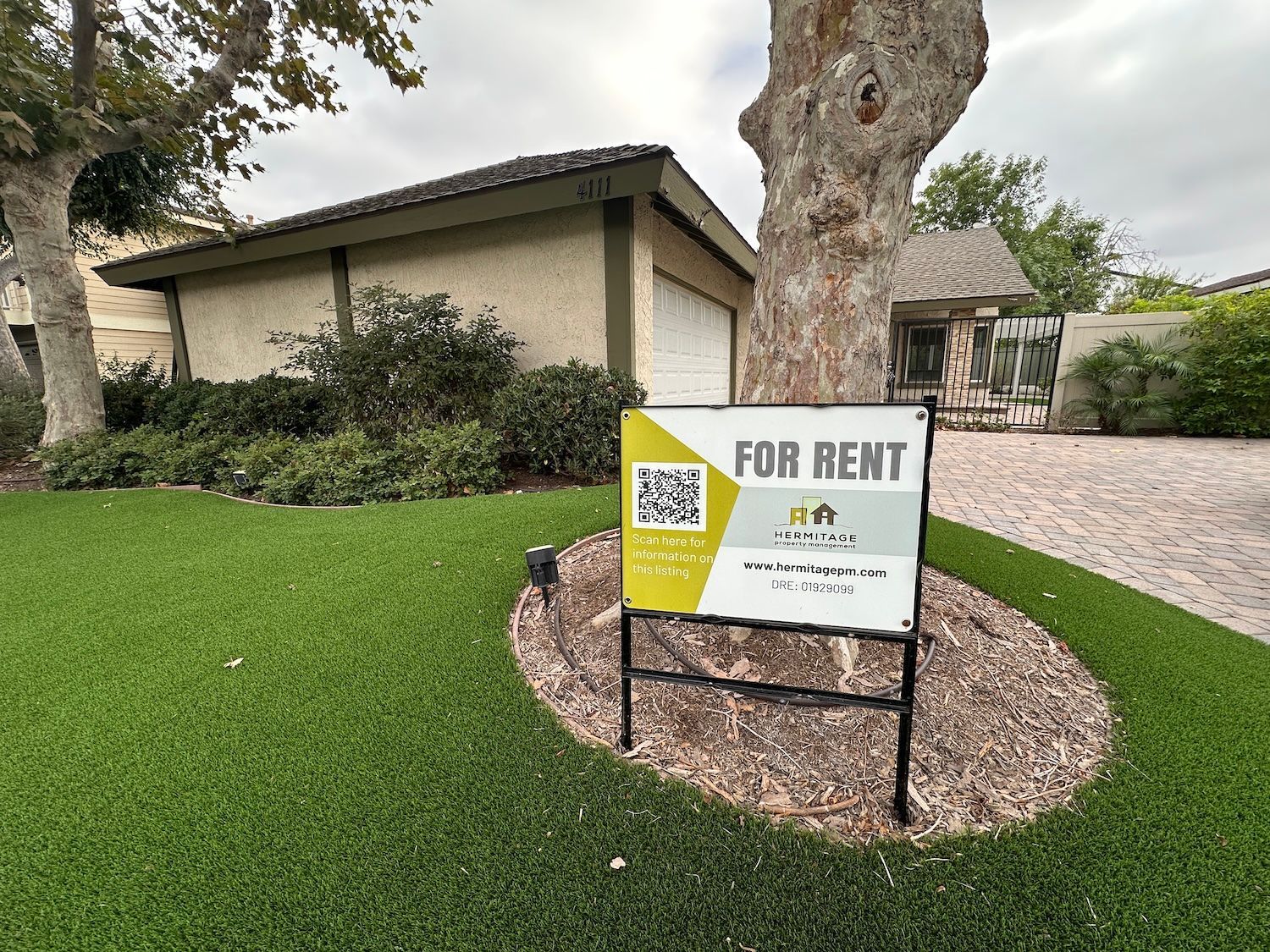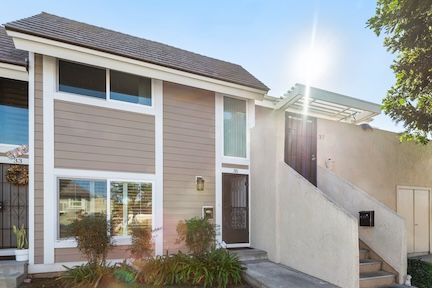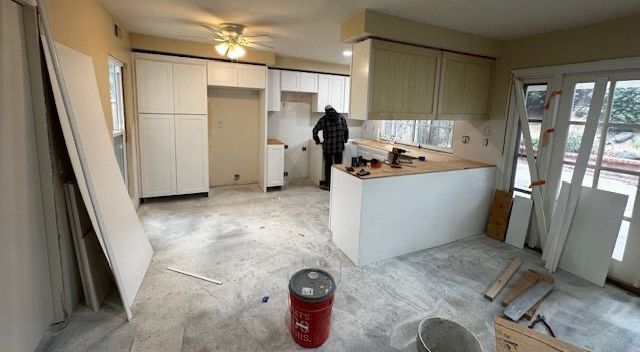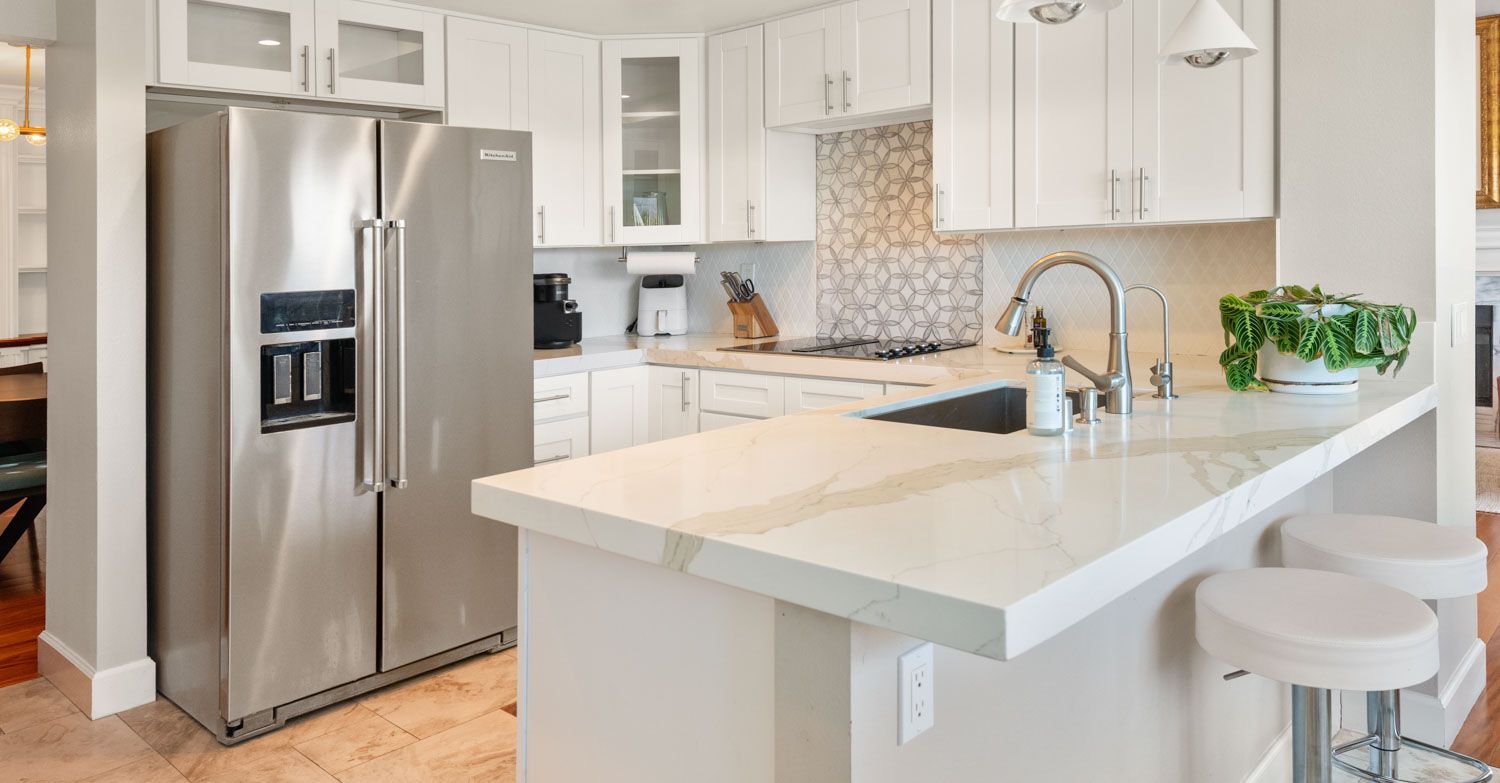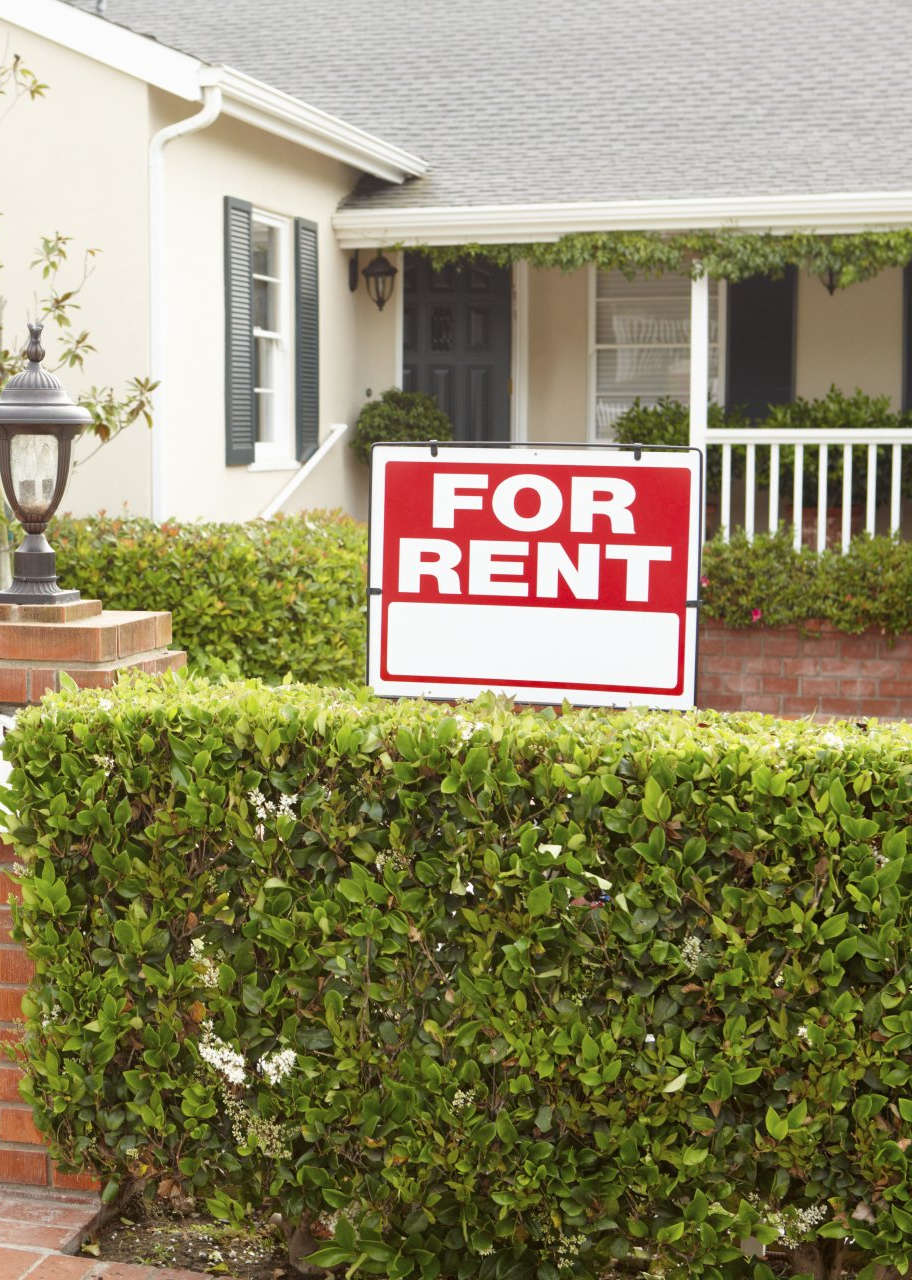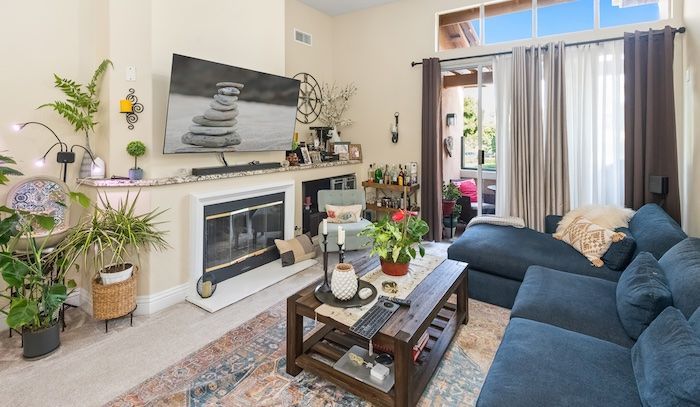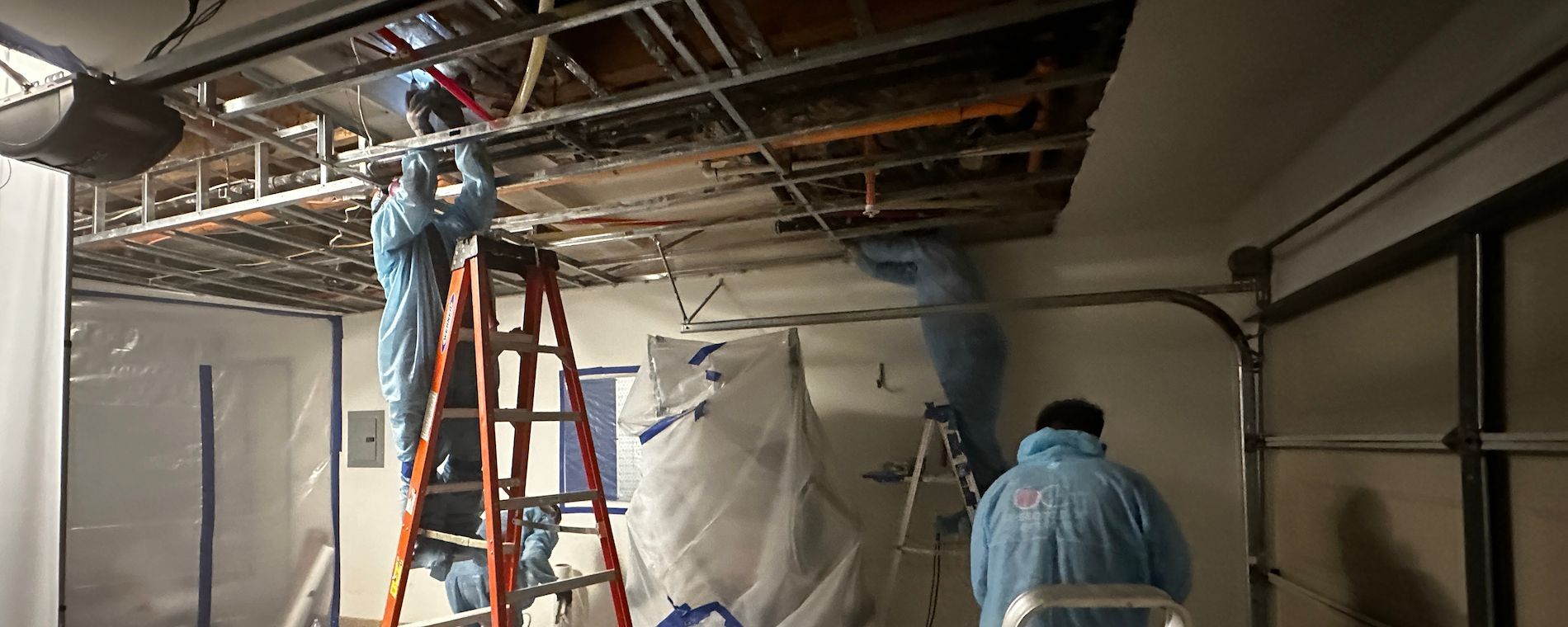Why hire a property Manager
Being a Do It Yourself Landlord has its Risks and Rewards

Becoming a landlord in California can happen overnight—a job relocation, an inherited property, or simply deciding not to sell. While it can be a profitable venture, it also comes with responsibilities, legal rules, risks and potentially a lot of sleepless nights.
Pro tip: The biggest risk isn’t tenants—it’s lack of knowledge and documentation.
Here are key ideas that you should consider, if you decide to undertake this adventure.
1. Understand California’s Rules (Before Problems Arise)
- AB 1482: Rent caps and “just cause” eviction laws (Check the laws and consider if your property is Exempt. If it is, ensure you disclose to your tenants IN WRITING. And get that disclosure signed.
- AB 12: Limits on security deposits. Know the limitations and again, consider if your and your property are exempt. Take lots of pre-move-in inspection photos. Document everything.
- Fair Housing: Strict screening and non-discrimination rules. Pay attention to the screening and application law. They recently changed, making the application process more challenging.
- Local Ordinances: Irvine, Santa Ana, and others may add rules on top. Make sure you know what the local landlord/tenant laws are in your community.
- Paperwork Discipline: Do not use a DIY lease agreement. You could lock yourself into an agreement that could cause you problems. Pro-tip, find a realtor who can assist you and always use the most current CAR lease forms + addenda. (There are dates at the top of the documents.)
2. Set the Right Rent (Occupancy Over Optimism)
Overpricing a rental is the #1 mistake new landlords make. Remember, a vacant property costs you money! Also, quality tenants, know what a price. A reasonable, fair-market price will attract a larger pool of well-qualified tenants who recognize and respond to fair market value.
- Use MLS and Zillow comps, adjusted for features.
- Price to rent within 2–3 weeks.
- Remember: A $100/month “premium” can cost thousands in vacancy loss.
3. Tenant Screening That’s Legal & Effective
- Publish written criteria (credit, income, rental history). Be reasonable. Overly high rental criteria could eliminate quality tenants. Consider the package.
- Verify income and employment references.
- Pro-tip: Search local court records for red flags - but be mindful of what can be considered a reason to decline an application. (Recent evictions, violent criminal activity are examples)
- Apply rules consistently to ALL APPLICANTS to avoid fair housing issues.
- Pets vs Assistance Animals: Know the difference—service animals and emotional support animals are not “pets.”
4. Maintenance: Protect Your Asset & Keep Tenants
- Before move-in: Fix leaks, test smoke/CO alarms, service HVAC. Clean, paint and upgrade as needed. Remember, if you show that you care about your property and take care of it, your tenants will also do the same.
- During tenancy: Prompt response (to inquiries and repair requests) = tenant trust. Hire professional vendors and technicians. DYI repairs to save money could lead to problems.
- Treat it as a business: Tenants are not your friends. Set boundaries, be cautious about giving out personal phone numbers. Consider getting a PO Box instead of using your personal home address.
- Landscaping: Do not expect your tenants to care of the landscape. Hire a gardener.
- Seasonal checks: HVAC filters, water filters, Gutters, roof, irrigation, filters, caulking.
5. Trust Accounting & Rent Collection
• Rent and Security Deposit: California requires careful separation of tenant/owner funds. We suggest a separate operating account to collect rent. Consider a separate bank account to save your tenant’s security deposit. Digital rent collection and transparent statements make compliance—and taxes—easier.
6. Renewal Strategy
• Renewals: Start the renewal process 90 days out. Balance market rent with keeping good tenants. Usually a smaller increase beats turnover costs. Consider that turning over a property will cost at least two-month’s rent.
Common First-Timer Mistakes
- Overpricing → vacancy.
- Weak documentation → disputes.
- Skipping move-in photos → deposit lawsuits.
- Slow maintenance → turnover.
